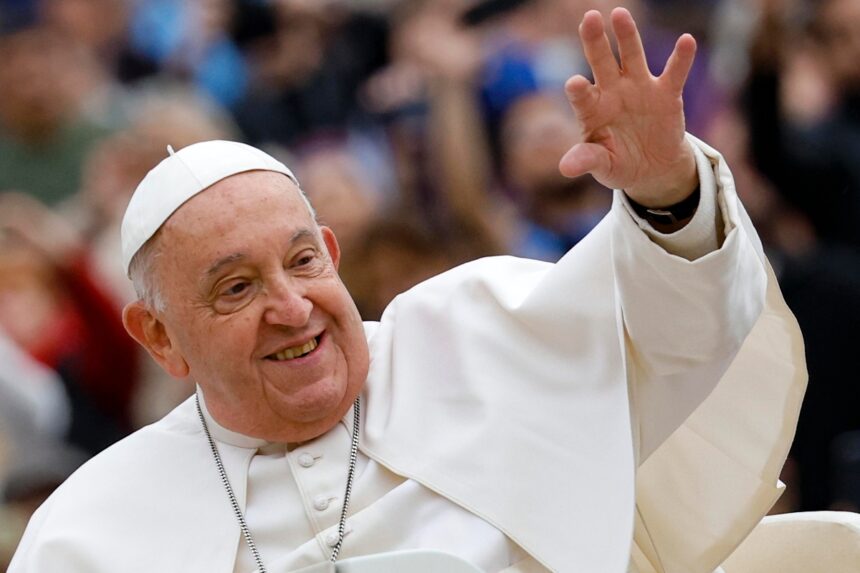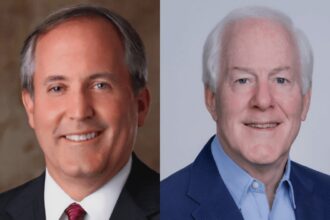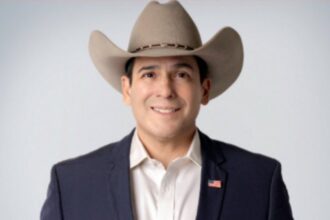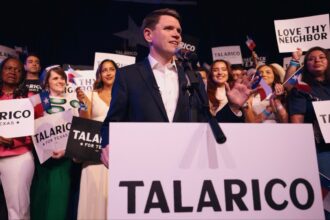Pope Francis, who died on Monday at the age of 88, not only leaves behind a spiritual and pastoral legacy that marked an era in the Catholic Church, but also an example of humility in the management of material goods. Contrary to what many might think, the Argentine pontiff did not accumulate personal fortune, neither during his lifetime nor during his papacy.
Since his election as pope in 2013, Jorge Mario Bergoglio has lived by the principles of the Jesuit vow of poverty, avoiding luxuries and rejecting economic privileges. He opted to reside in Casa Santa Marta, a modest residence within the Vatican, rather than the traditional luxurious papal apartments occupied by his predecessors. This decision was not symbolic: it reflected his vision of a more austere Church, closer to the most needy.
Did Pope Francis have money?

The specialized portal Celebrity Net Worth, which estimates the net worth of public figures, calculated that Pope Francis had a net worth of just $100,
This is consistent with his refusal to own bank accounts, property or personal investments.
His previous life as archbishop of Buenos Aires had already been marked by a simple lifestyle, using public transportation and avoiding clerical privileges.
He chose to reside in Casa Santa Marta
QueOnnda.com
During his papacy, all his expenses were covered by the Vatican, from international travel to security, maintenance and health.
This is a traditional practice with all pontiffs, who do not receive a salary, since their figure is fully supported by the Holy See.
In contrast, Vatican cardinals do receive a monthly salary of between $4,700 and $5,900, depending on their rank and function.
What about your “fortune”?
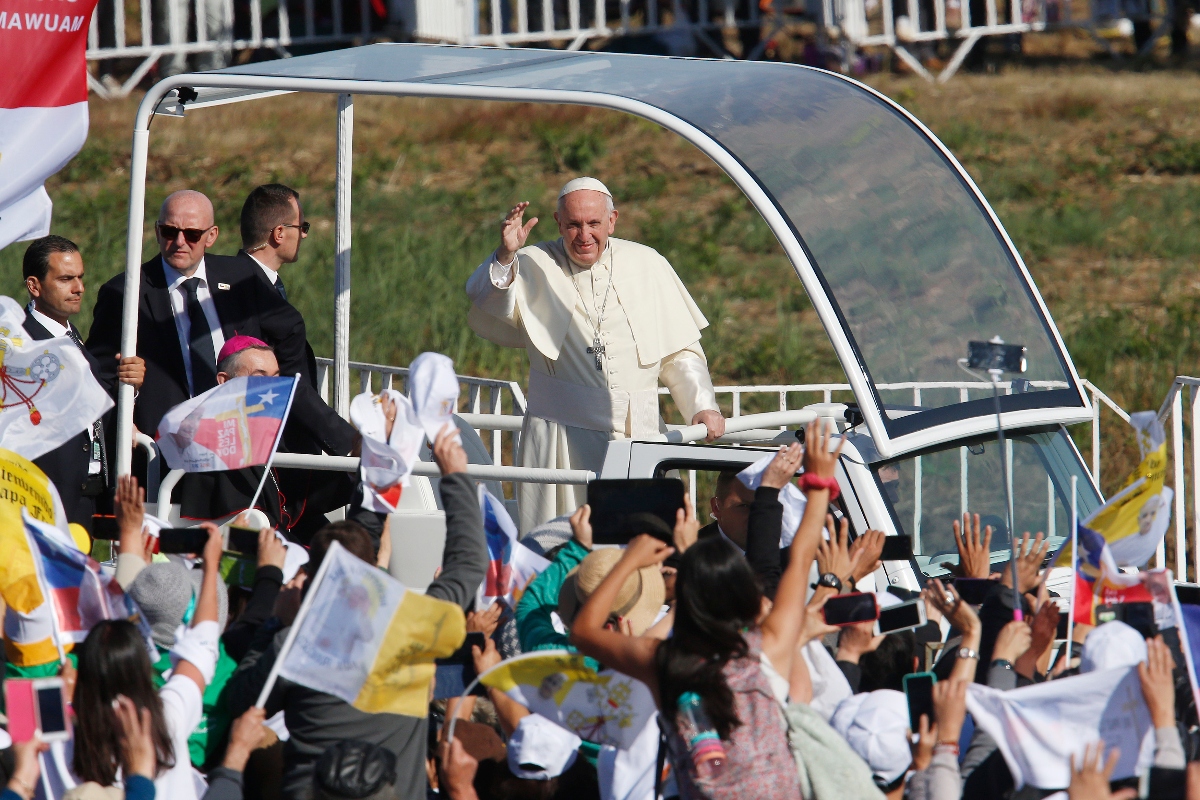
Since you have no personal assets, there will be no financial inheritance to distribute after your death.
Everything in the custody of Pope Francis – such as vehicles, works of art, liturgical jewelry or residences – legally belongs to the Vatican State, not to the acting pontiff.
In other words, Francisco administered, but did not own the assets.
This may be relevant to Hispanic Catholics in the United States, many of whom saw Pope Francis as a model of moral integrity, consistency and simplicity.
His way of living and dying without material wealth contrasts with the image of power that some associate with the ecclesiastical hierarchy.
For millions, this consolidates his figure as a humble leader who led by example.
For more information, visit QueOnnda.com.





